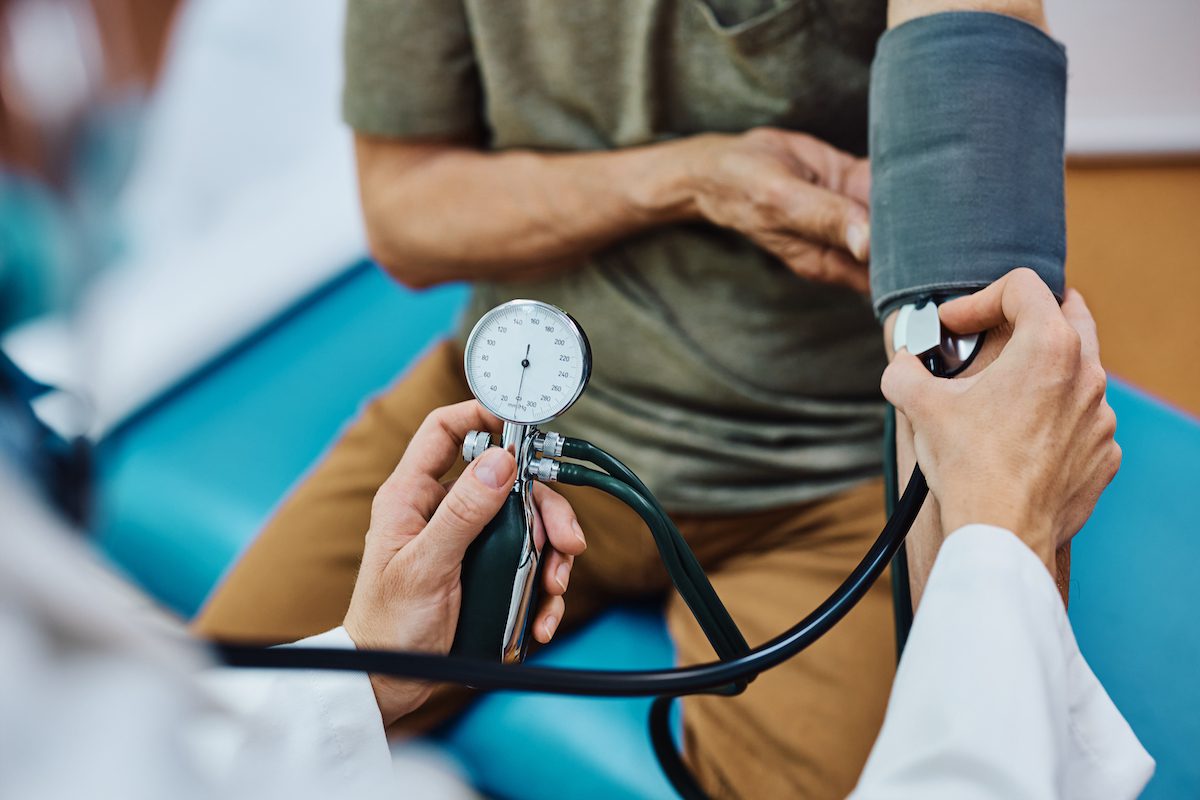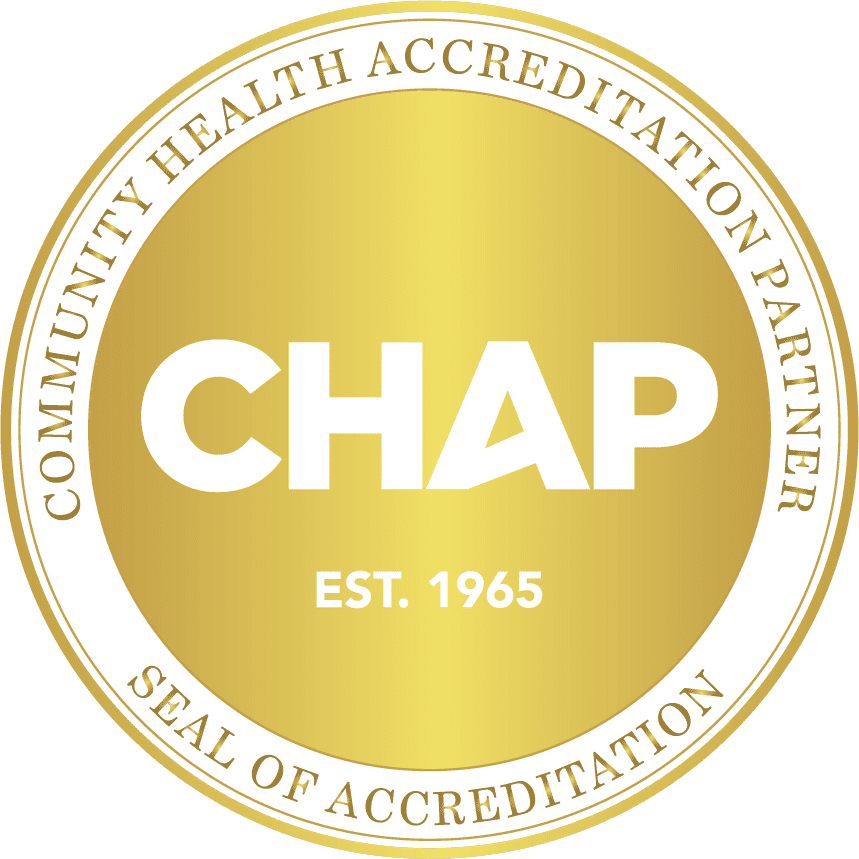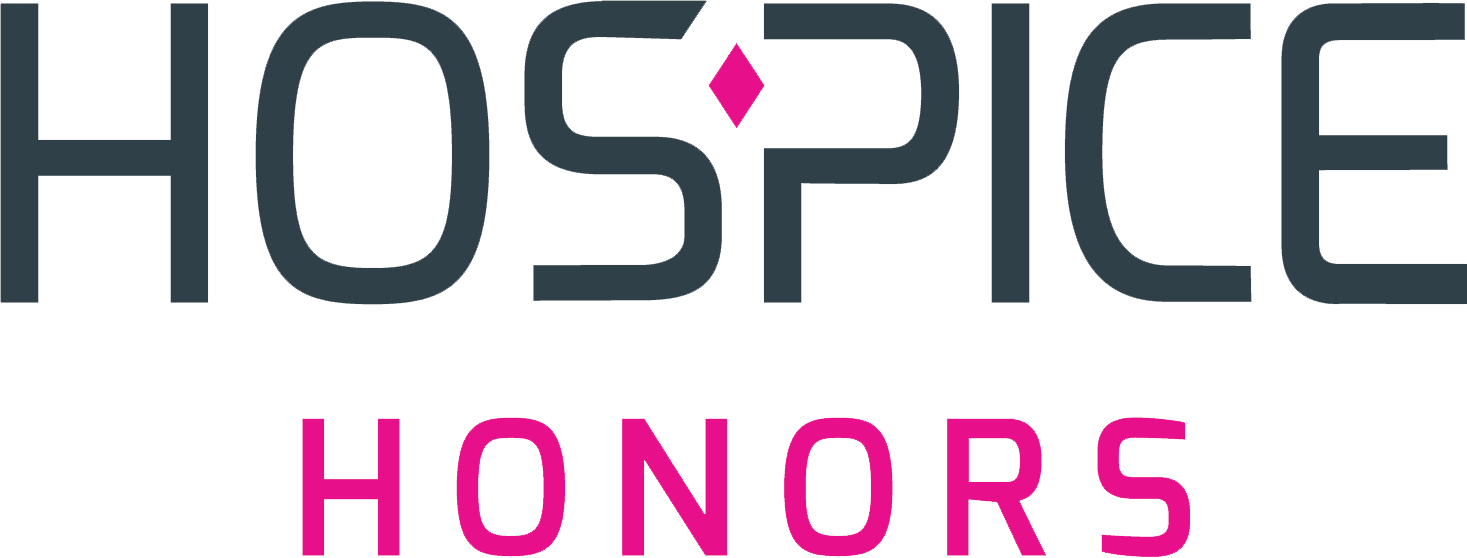In an era where medical advancements have greatly improved our understanding of healthcare, regular health checkups play a vital role in ensuring the well-being of individuals, particularly seniors.
As we age, our bodies undergo numerous changes, making it crucial to monitor our health consistently. Regular health checkups provide an opportunity to detect potential health issues early, manage existing conditions effectively, and promote overall well-being.
In this blog post, we will delve into the significance of regular health checkups for seniors, highlighting their benefits and the proactive steps seniors can take to safeguard their health.
Early Detection and Prevention
Regular health checkups serve as a powerful preventive tool, allowing healthcare professionals to detect potential health issues at their earliest stages. This proactive approach helps seniors address health concerns before they escalate into more severe problems.
Conditions such as high blood pressure, diabetes, and cancer can often remain asymptomatic in their initial stages, making regular checkups essential for their early identification. Early detection not only enhances treatment options but also increases the chances of successful outcomes.
Regular screenings, including blood tests, mammograms, colonoscopies, and prostate exams, are instrumental in identifying risks and taking preventative measures to maintain optimal health.
Managing Chronic Conditions
Many seniors live with chronic health conditions such as diabetes, hypertension, arthritis, and heart disease. Regular health checkups enable healthcare providers to monitor and manage these conditions effectively.
Routine examinations help assess the effectiveness of medications, adjust treatment plans, and identify any potential complications.
By staying on top of their health, seniors can ensure that their conditions are adequately controlled, minimizing the risk of complications and improving their quality of life.
Health Education and Lifestyle Guidance
Regular health checkups provide an excellent platform for seniors to receive health education and lifestyle guidance from healthcare professionals.
During these appointments, healthcare providers can offer personalized advice on nutrition, exercise, stress management, and other crucial aspects of maintaining good health. Seniors can seek guidance on making healthy choices, managing weight, and adopting preventive measures.
Additionally, healthcare professionals can discuss age-specific concerns, such as fall prevention and immunizations, ensuring that seniors are equipped with the necessary knowledge to make informed decisions about their health.
Mental Health Assessment
Seniors are susceptible to mental health issues such as depression, anxiety, and cognitive decline. Regular health checkups provide an opportunity for healthcare providers to assess and address these concerns.
Mental health screenings and discussions during checkups enable early intervention and appropriate referrals to specialists if needed. By recognizing and treating mental health conditions promptly, seniors can maintain their emotional well-being and overall quality of life.
Monitoring Medications and Vaccinations
Seniors often take multiple medications to manage their health conditions. Regular health checkups offer an opportunity for healthcare providers to review these medications, assess their effectiveness, and identify potential drug interactions or side effects.
Additionally, checkups provide an ideal time to ensure that seniors are up to date with necessary vaccinations, protecting them from preventable diseases.
Do Seniors Need Regular Health Checkups During Hospice Care?
During hospice care, seniors can greatly benefit from regular health checkups, although the nature and focus of these checkups may differ from those during other stages of life.
While hospice care is primarily focused on providing comfort and support to individuals with life-limiting illnesses, regular health checkups play a crucial role in ensuring the highest quality of care.
These checkups allow healthcare professionals to monitor the patient’s condition, manage symptoms effectively, and ensure that the care plan remains aligned with the patient’s evolving needs.
Additionally, health checkups during hospice care provide an opportunity to address any emerging physical or emotional concerns, provide pain management, and offer guidance and support to both the patient and their family.
By integrating regular health checkups into hospice care, seniors can receive comprehensive and compassionate care that maximizes their comfort and quality of life until the end of their journey.
Should Seniors Go To the Dentist for Routine Oral Care?
In addition to routine health checkups, seniors should also prioritize regular visits to the dentist for routine oral care. Oral health is closely linked to overall well-being, and maintaining good oral hygiene becomes even more critical as we age.
Here arcred make dentist appointments a part of their healthcare routine:
Prevention and Early Detection
Routine dental visits allow for the prevention and early detection of oral health issues. Regular cleanings and checkups enable dentists to identify early signs of tooth decay, gum disease, oral cancer, and other dental problems.
Gum Disease Management
Gum disease, such as gingivitis or periodontitis, is more prevalent among older adults. These conditions can lead to tooth loss and have been linked to various systemic health problems, including heart disease and diabetes.
Dental professionals can help seniors manage gum disease through thorough cleanings, personalized oral hygiene instructions, and treatments like deep cleanings or scaling and root planing.
Denture Maintenance
Many seniors wear dentures or partial dentures to replace missing teeth. Regular dental visits are essential for ensuring proper denture fit, comfort, and functionality.
Oral Health Education
Dental appointments provide a valuable opportunity for seniors to receive oral health education tailored to their specific needs.
Dentists can offer guidance on proper brushing and flossing techniques, recommend suitable oral care products, and provide advice on managing conditions such as dry mouth or tooth sensitivity, which are common among older adults.
Medication and Health Considerations
As seniors often take multiple medications, some of them can have oral health implications, such as dry mouth or increased susceptibility to dental decay. Dentists can review a senior’s medication list and provide recommendations for managing potential oral health side effects.
Additionally, they can coordinate with the individual’s healthcare team to ensure comprehensive care that takes into account any medical conditions or treatments that may impact oral health.
By maintaining good oral health, seniors can enjoy an improved quality of life, better nutrition, and reduced risks of systemic health problems associated with poor oral hygiene.
Final Thoughts
Regular health checkups are an essential component of maintaining the health and well-being of seniors. They facilitate early detection and prevention of potential health issues, effective management of chronic conditions, and provide a platform for health education and lifestyle guidance.
By prioritizing regular checkups, seniors can actively participate in their healthcare, leading to improved outcomes and a higher quality of life. Remember, investing in preventive care today can make a significant difference in enjoying a healthier tomorrow.
If you have further questions about regular health checkups for seniors or aging loved ones, feel free to reach out to our team!






